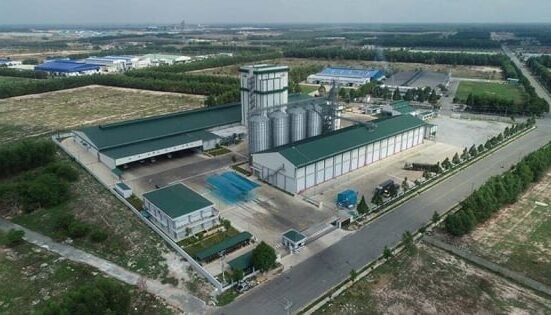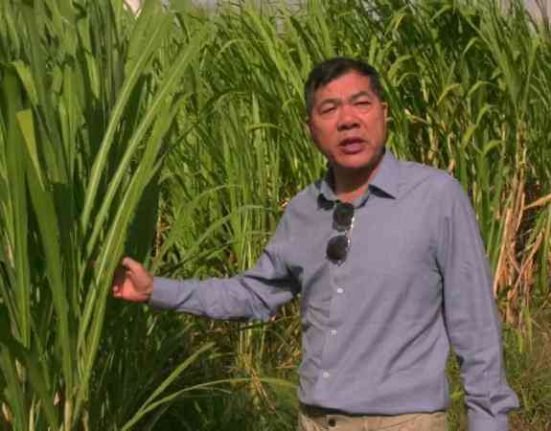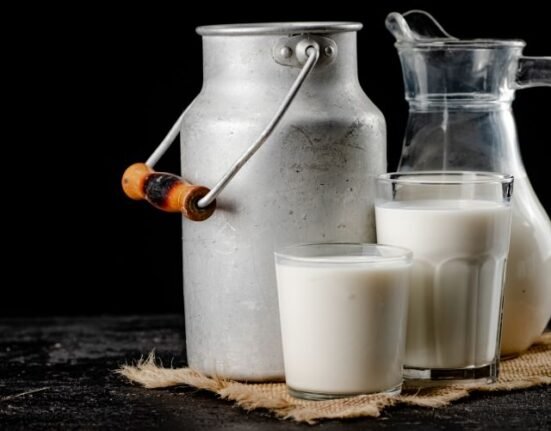Global biosciences leader DSM-Firmenich has officially completed the sale of its 50% stake in a long-standing feed enzymes alliance to Novonesis, formerly Novozymes. This move marks the culmination of a two-decade partnership and signifies a significant realignment in the animal nutrition and feed additives industry.
The deal, announced earlier and finalised this week, transfers complete control of the enzyme joint venture, formed initially between DSM and Novozymes in 2001, to Novonesis. The alliance was a global leader in developing feed enzyme solutions used across poultry, swine, dairy, and aquaculture systems.
ūüĒ¨ A Strategic Pivot in Feed Ingredients
TDSM-Firmenich’s signs with DSM-Firmenich’s broader strategy to focus on precision animal nutrition, eubiotics, and sustainability-driven solutions, including:
- Methane-reducing feed additives
- Vitamin and mineral premixes
- Next-gen protein technologies
Meanwhile, Novonesis‚ÄĒformed in early 2024 from the merger of Novozymes and Chr. Hansen gains complete ownership of one of the most technically advanced enzyme platforms in the livestock industry.
‚ÄúWe are thankful for over two decades of successful collaboration with DSM and are excited to independently accelerate enzyme innovation for global feed markets,‚ÄĚ said a Novonesis spokesperson.
ūüźĄ Implications for Dairy and Livestock Nutrition
Enzymes developed under the alliance have played a key role in:
- Enhancing fibre and nutrient digestibility in cattle and ruminants
- Reducing feed conversion ratios in dairy cows
- Supporting low-emission, sustainable dairy farming
India’s evolving dairy sector, with its growing emphasis on feed efficiency and environmental impact, stands to benefit from next-gen enzyme technologies, especially as companies like Novonesis scale up innovation in standalone capacity.
ūüĆĪ The Sustainability Lens
Both DSM-Firmenich and Novonesis have reaffirmed their commitments to climate-smart livestock production, aligning with global calls to reduce enteric methane emissions, improve feed utilisation, and curb carbon footprints across dairy and meat supply chains.







